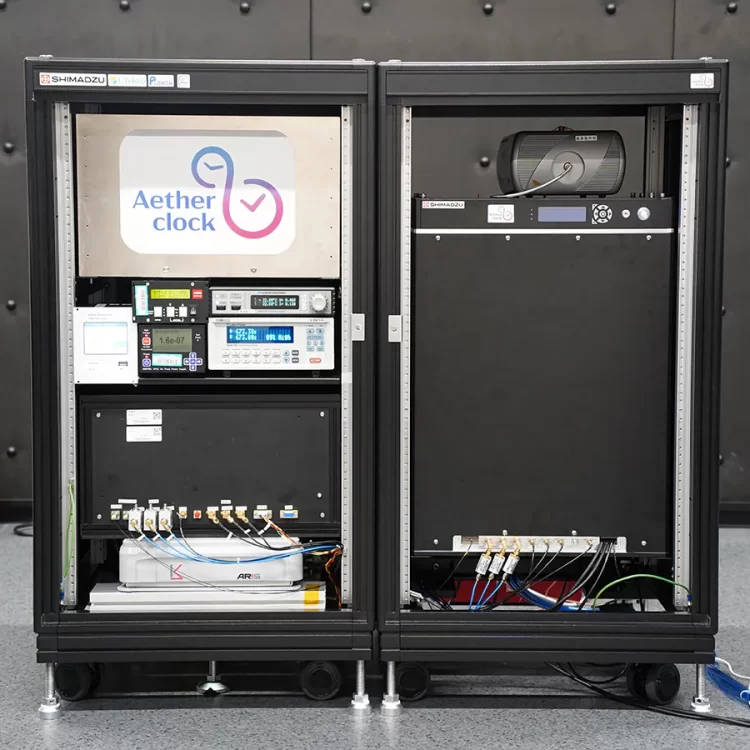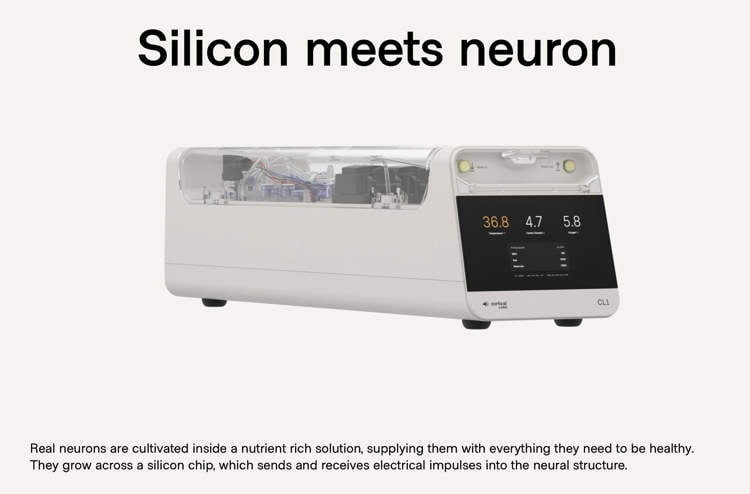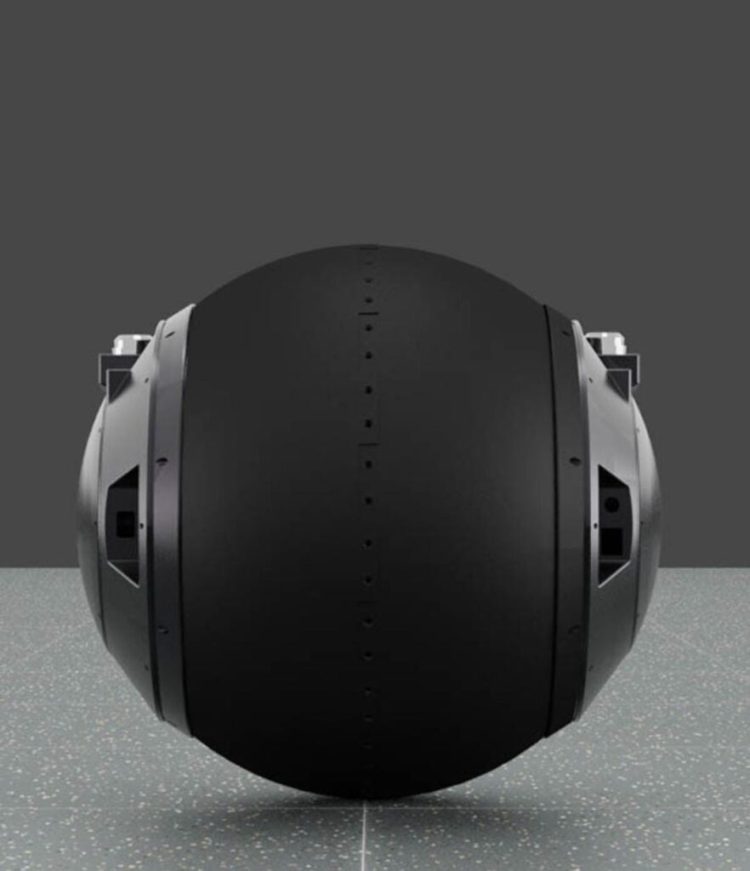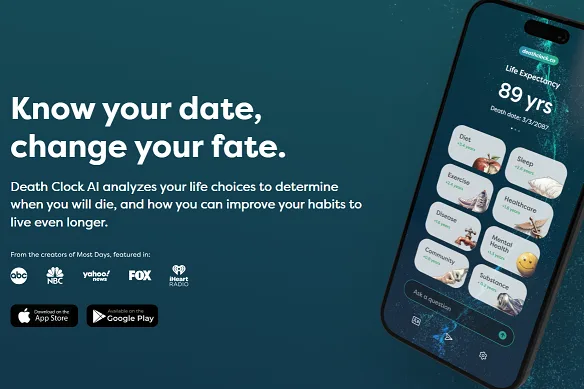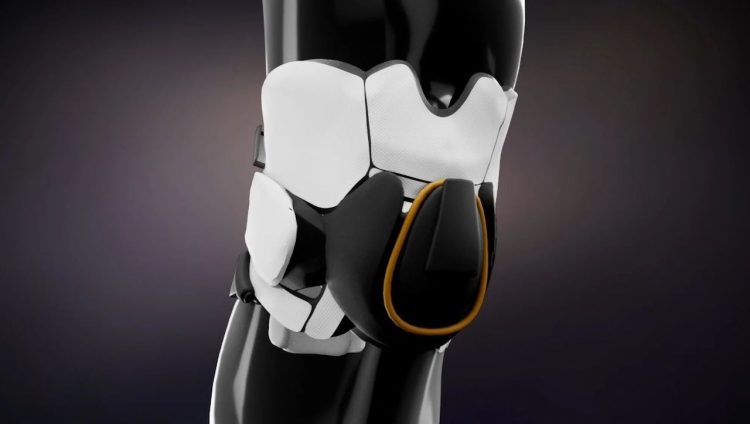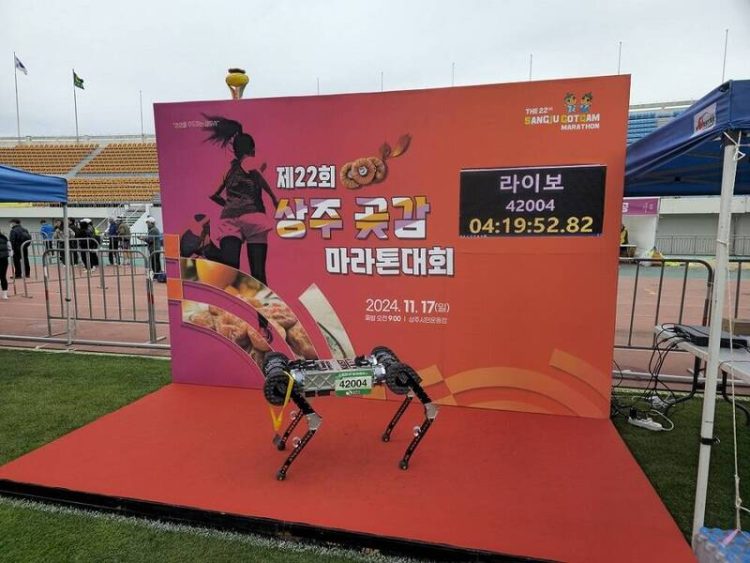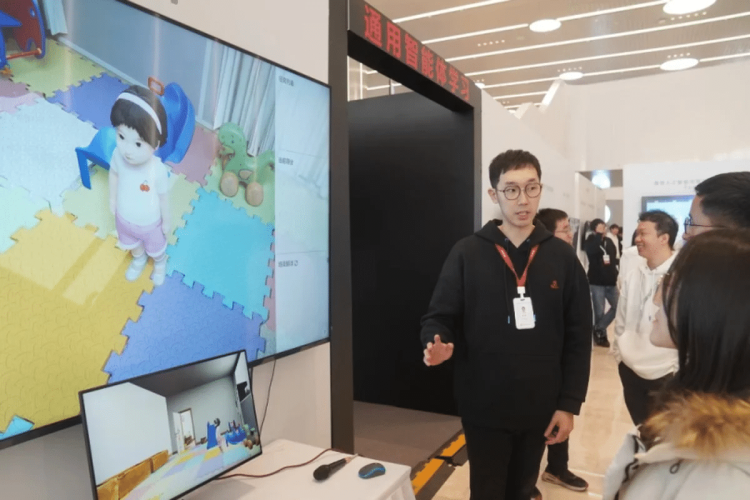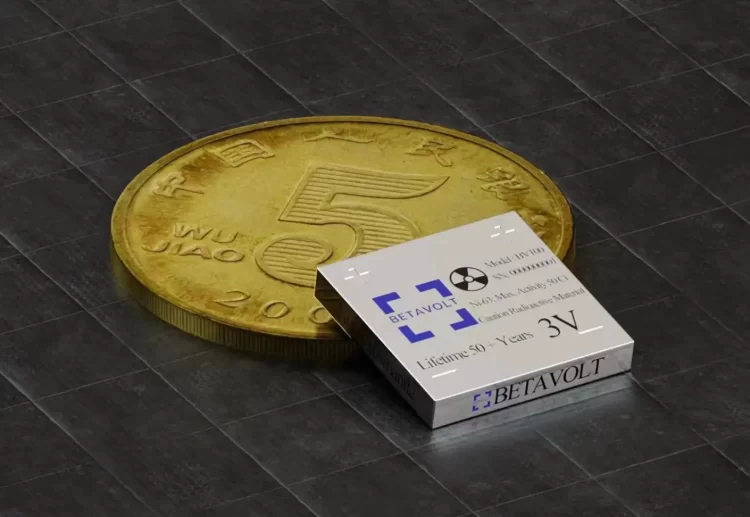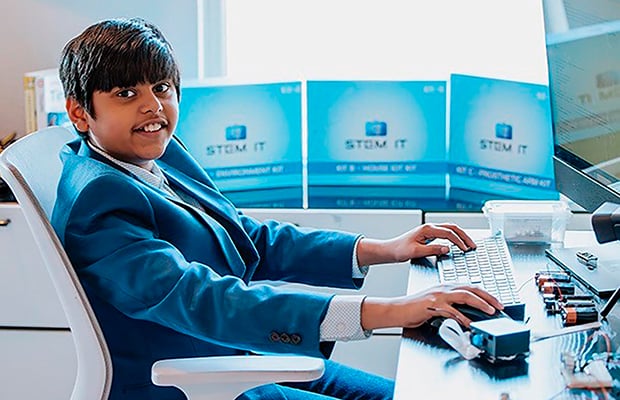Created by Japanese manufacturer Shimadzu Corp, the Aether Clock OC 020 is a strontium optical lattice clock advertised as the most accurate clock in the world and sold for over $3 million.
The world’s most accurate clock looks less like you’d imagine and more like a small refrigerator. Its rectangular case is around three feet tall and has a volume of 250 liters. Frankly, it doesn’t look like much, but this contraption is so precise that it would take about 10 billion years for it to deviate by a single second, according to Kyoto-based manufacturer Shimadzu Corp. The Aether Clock OC 020 is reportedly 100 times more accurate than cesium atomic clocks, which set the standard for the current definition of a second. Although optical lattice clocks have been around for a while, the Aether Clock OC 020 is the world’s first commercially available model.

